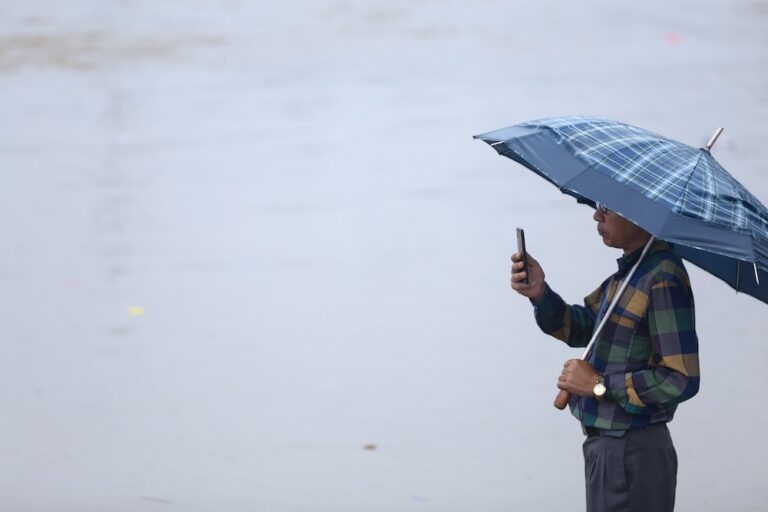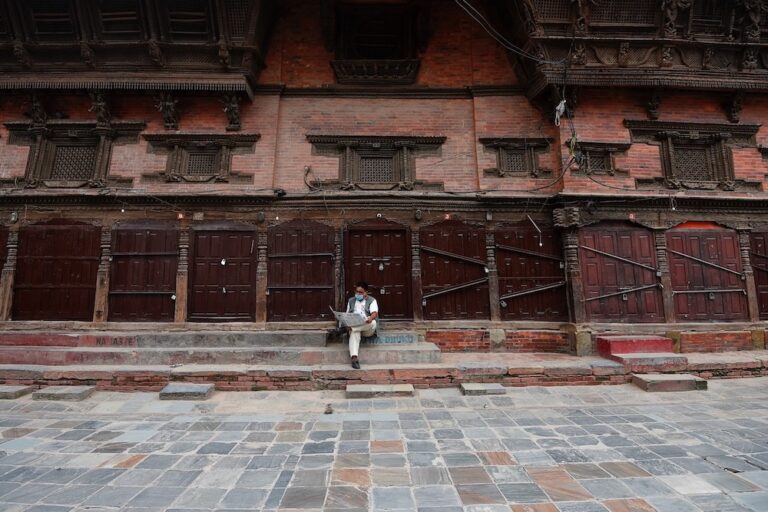(CPJ/IFEX) – In a 12 March 2001 letter to Prime Minister Girija Prasad Koirala, CPJ expressed its grave concern over the disappearance of Krishna Sen, editor of the Nepali-language weekly “Janadesh”. Though authorities claim Sen was released from Rajbiraj Jail on the night of 10 March, following an 8 March Supreme Court ruling that his […]
(CPJ/IFEX) – In a 12 March 2001 letter to Prime Minister Girija Prasad Koirala, CPJ expressed its grave concern over the disappearance of Krishna Sen, editor of the Nepali-language weekly “Janadesh”. Though authorities claim Sen was released from Rajbiraj Jail on the night of 10 March, following an 8 March Supreme Court ruling that his detention violated Nepal’s habeas corpus protections, local journalists and human rights advocates have reported him missing.
Sen is currently thought to be in illegal police custody. If this is the case, it would mark the second time authorities have failed to comply with a Supreme Court order for his release.
Police first arrested Sen in Kathmandu on 19 April 1999, and detained him under provisions of the Public Security Act that sanction preventive detention for those considered a threat to domestic security and tranquility. CPJ believes the arrest was prompted by that week’s edition of “Janadesh”, which featured an interview with Baburam Bhattarai, one of the leaders of the Maoist insurgency in Nepal. On the day Sen was arrested, police reportedly confiscated 20,000 copies of the weekly in order to prevent the interview from being widely read.
The Supreme Court first ordered Sen’s release on 10 August 1999. But according to his attorney, Yekraj Bhandari, police and district officials then conspired to keep the journalist in detention by forging release papers and then “re-arresting” him days later on false charges.
Prison authorities forced Sen to sign papers certifying his release from Bhadragol Jail in Kathmandu on 9 February, according to Bhandari. Sen was not released, however. Instead, he was secretly transferred to the southeastern district of Siraha, where police said he was detained on 13 February. Authorities then charged him with carrying illegal weapons under the provisions of the Arms and Ammunitions Act. Around August 2000, Sen was transferred yet again, this time to Rajbiraj Jail.
Legal proceedings in Sen’s case were postponed repeatedly throughout 2000. On 8 March, however, the Supreme Court of Nepal ruled his detention illegal and ordered his release.
According to a report published today in the national daily “Kathmandu Post”, Sen contacted journalists on the evening of 10 March, and asked them to appear at Rajbiraj Jail on the morning of 11 March, when he expected to be released. But when journalists arrived on 11 March, Hom Nath Khatri, a prison official, told them that Sen had been released the previous night. The editor’s current whereabouts are unknown.
Recommended Action
Send appeals to the prime minister:
– urging His Excellency to ensure that the Supreme Court’s order is carried out, and to confirm publicly that Sen has been released
– adding that given prison authorities’ record of duplicity in this affair, however, you will not feel satisfied that Sen is safe until it is clear that he is free to work, travel, and speak to the press
– respectfully asking him to order a prompt investigation into allegations that officials at Bhadragol, Siraha, and Rajbiraj jails conspired in Sen’s illegal detention
Appeals To
APPEALS TO:
His Excellency Girija Prasad Koirala
Prime Minister, Kingdom of Nepal
Office of the Prime Minister
Singh Durbar
Kathmandu, Nepal
Fax: +977 1 227 286
Please copy appeals to the source if possible.


